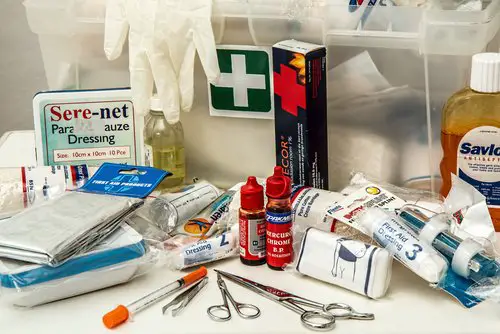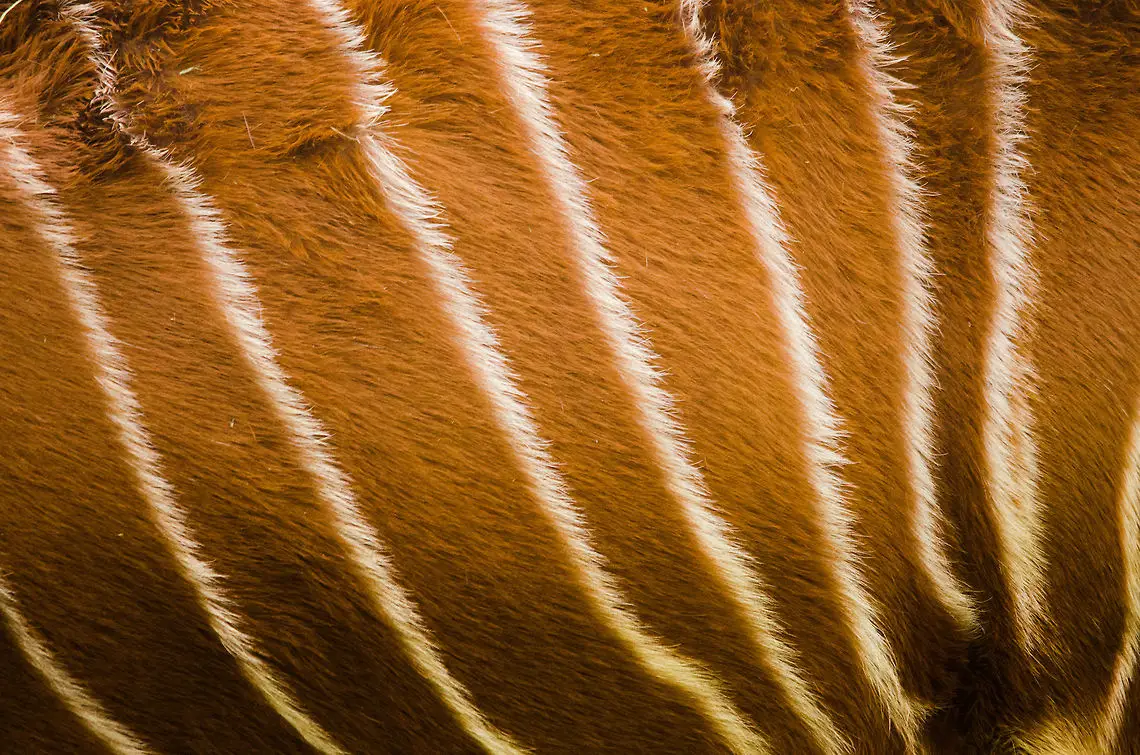Gearing Up For Your First Outdoor Camping Adventure
Some people will tell you that camping is one of their favorite outdoor activities while others will say it was one of the worst experiences they have ever gone through. On the surface, escaping the stresses of everyday life and enjoying the peace and quiet offered by nature sounds like bliss. This very well can be true, but how enjoyable your camping adventure will be largely depends on how well you prepare for it.
If you’re eager to try camping for the first time but have never even touched a 10 person tent before, we’re here to help. We’ve created a list of the most essential gear you’ll need to make your first camping trip a memorable one and hopefully not your last. While you won’t need to pack as though you’re planning an expedition through the Amazon, there are things you will need to ensure both comfort and safety for you and your family.


Shelter
The most important thing you’ll need for camping is shelter. Thankfully, we are long past the days where we need to construct our own shelters from scratch, chopping down trees and gathering palm fronds for a makeshift roof. Today’s tents have become quite advanced, able to withstand most of the elements Mother Nature can throw at them. Some are designed for single people while others can accommodate a large family, offering multiple room chambers and an ultra-high head clearance.
You need to take into consideration the size and weight of a tent. If you’re planning to camp at a popular camping area in a national park or the beach, size and weight may not be an issue, but if you’re planning a multi-day trek where you will be required to carry your tent each day for long distances, you will want to choose a lighter and more compact tent.


While picking out a tent that fits your own personal needs is important, even more important is where and when you choose to set up your tent. Finding a clear flat area that’s free from pests is important. You want to decrease the chances of tree limbs falling on your tent and critters getting inside your tent. You want protection from the elements, especially heavy winds which can hinder your ability to erect a tent and it remaining upright throughout the night. Never erect your tent in a location that may be susceptible to flash flooding or avalanches. You will also want to make sure to start erecting your tent well before nightfall, especially if you have never set up a tent before. Erecting a tent in the dark you will find is much more difficult.
Of course you don’t necessarily need to sleep in a basic tent when camping. There are now countless glamping adventures available all over the world that allow you to escape to nature without giving up many comforts. Enjoy sleeping in a shelter already constructed for you, which may be a luxurious safari-style tent or a cabin with its own en suite and kitchen.


Prepare for Weather
Having adequate shelter is one thing, but you must also plan to deal with many types of weather when it comes to enjoying daily outdoor activities and getting to and from your campsite. A late autumn or winter camping adventure may only be accessible via roads covered in ice and snow. In such cases you will want to pack snow chains for your vehicle in case they are required. Some campsites may require you to take dirt or gravel roads that are more suited for 4WD vehicles. Some of these unsealed roads may become impassable after heavy rains.
Be sure to pack clothing that will protect you from rain, wind, and cold. The best strategy is to dress in layers, where you can add and remove clothing when required. While you may expect a summer camping adventure to be hot, night-time temperatures can drop considerably. While rain might not be forecasted, things can sometimes change quickly, especially when camping in the mountains. Not packing adequate clothing can put the lives of you and your family in danger in extreme cases.



Food and Cooking
Camping means you won’t have access to your full kitchen back home, but you of course will still need to eat. You need to plan out how much food you’ll need and how you’ll keep it fresh or preserved. You have to remember that you generally won’t have access to a fridge and therefore must invest in a quality cooler that is rated to keep food items cold for the duration of you camping trip.
Cooking dinner is achieved most easily by using a camping stove or portable grill. You can of course go old school and cook over an open fire. It’s important to check the laws of the campsite you are visiting to make sure if fires or use of portable gas canisters is permitted.
It’s often easier to pack food items that don’t spoil easily or ones that don’t require refrigeration. This includes things like fruits and veges, rice, nuts, breads, eggs, and cereal. Of course you can forage your own food and attempt to catch your own fresh meat. One of the easiest ways to get good protein while camping is fishing. Of course if you’re relying on your fishing skills to feed you and your family each day, you’ll want to make sure you have the best fishing equipment available to give you the best chance of success. We recommend doing a bit of research here where you’ll find the latest products and reviews when it comes to fishing equipment.


Make a list of all the meals you’ll need and all the utensils that are required to prepare and eat those meals. It’s always a good idea to do a trial run cooking food on your new camping stove or grill at home before your camping adventure to make sure everything works and so that you know how long meals will take to prepare. You will also want to be sure to store all food and scraps in safe storage bins or your vehicle when visiting campsites frequented by bears and other scavenging wildlife.
Even more important than food is having access to fresh drinking water. Be sure to pack enough bottled water or have a way of purifying water that’s sourced from natural sources. You can choose to simply boil natural water or pack a purification device. Purifying water may be the only option when tackling a multi-day hiking adventure where it’s impossible to carry all the water you will need.


Essential Survival Tools
The whole point of camping is to get away from distractions and enjoy a simple life for a short time. Camping is a time to ditch the computers and TV and enjoy relaxing in nature. You don’t want to over-pack your vehicle with too much junk you won’t need but you should pack a few essential survival tools.
When camping in more remote areas, always carry a GPS units or distress beacon. GPS units will help you avoid getting lost and distress beacons will alert local rescue authorities should you get injured and can’t make your way back to camp or home. Having a cell phone can of course be useful but don’t rely on it in case you find yourself without reception or a drained battery.
We are spoiled by light switches at home, but once the sun goes down in the wild things get pretty dark rather quickly. It’s essential to pack a quality flashlight or lantern to allow you to cook dinner, complete tasks around camp at night, and find your way back to camp if caught out on the trails after dark.
An axe or machete will come in handy for chopping firewood and clearing campsite vegetation, while a multi-tool will offer all kinds of tools that may be required. Swiss Army knives come equipped with tools like a can opener, screwdriver, hook disgorger, saw, pliers, tweezers, scissors, fish scaler, and range of small blades.



First Aid kit
You have to always be prepared for emergencies, and the best way to do this is to pack a first aid kit. Even when going on a multi-day trek, at least get yourself a small kit, and fill it with everything you think you might need in case of an emergency.
Every first aid kit should contain the basics like your personal medications, eye drops, insect and snake bite kits, diarrhea medication, EpiPen, bandages, and a first aid manual. It’s also wise to take a first aid class which will teach you life saving skills including CPR, basic life support, and what to do in the case of allergic reactions. Other emergencies that can occur while camping and hiking include broken bones, hypothermia, heat exhaustion, and dehydration. Even minor cuts and scrapes can easily become infected, especially in natural environments, so items like antibacterial ointment and band-aids are a must have.




















